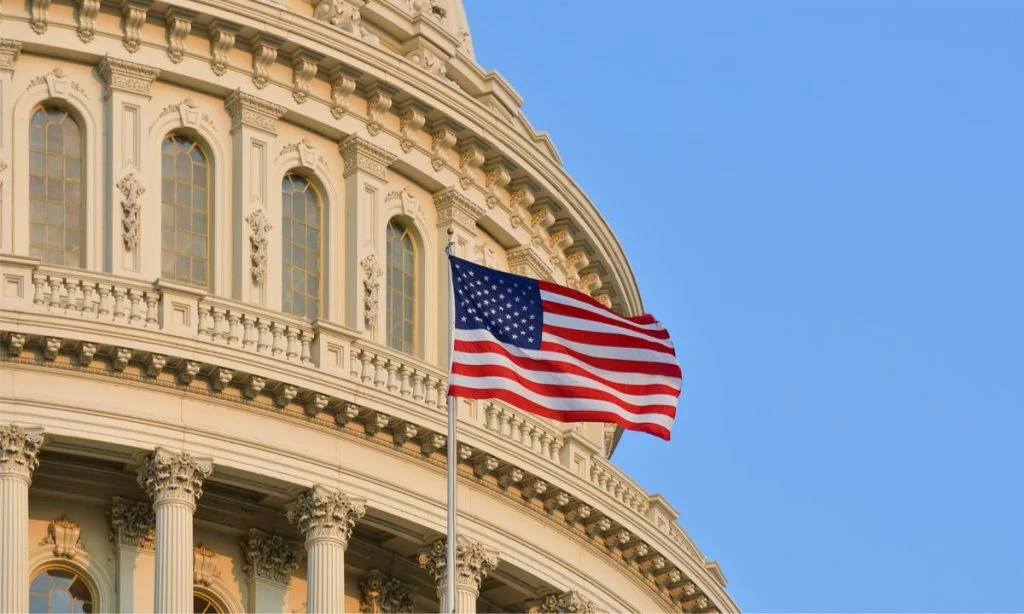According to a new bill proposed on Monday by the United States legislators, Treasury Department may be the appropriate government body to create a digital dollar as legal tender.

Reps. Stephen Lynch (D-Massachusetts), Jess Chuy Garcia (D-Illinois), Ayanna Pressley (D-Massachusetts), and Rashida Tlaib (D-Michigan) introduced the “Electronic Currency And Secure Hardware Act” (ECASH Act), which directs the Treasury Secretary to create an electronic version of the US dollar with the goal of maintaining privacy and security in transactions.
According to the bill, the electronic dollar would be a legal instrument that anyone might carry on their phone or a card. The system would be token-based rather than account-based, which means that if someone misplaced their phone or card, they would lose all of their money. To put it another way, it would be like losing a wallet full of dollar bills.
This electronic dollar would be considered legal tender and would function in the same way as a physical dollar. The bill, according to an assistant professor at Willamette University, Rohan Grey who consulted on it, is intended to produce a real digital equivalent to the US dollar.
“We’re proposing to have a genuine cash-like bearer instrument, a token-based system that doesn’t have either a centralized ledger or distributed ledger because it had no ledger whatsoever. It uses secured hardware software and it’s issued by the Treasury,” he stated.
As a result, it would be distinct from other digital dollar concepts, which are based on stablecoins or other decentralized ledger tools. Due to the fact that blockchains are built to log every transaction, any transaction may be linked to the sender and receiver.
Users would not be subject to any more stringent know-your-customer procedures under Lynch’s idea than anyone trying to use cash. They’d have to get the e-cash dollars from a bank account, a peer-to-peer transaction, or a store, but they’d be free to do anything they wanted with them after that.
This technique, according to Grey, could benefit people who are unable to maintain bank accounts due to minimum balance restrictions or who distrust banks because they may levy fees or freeze funds.
